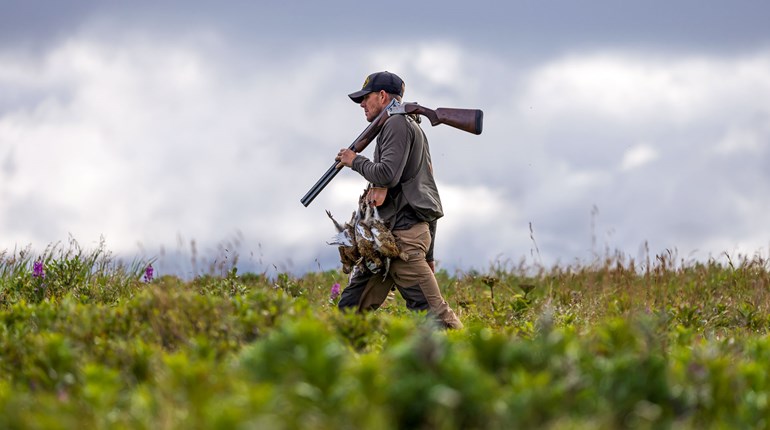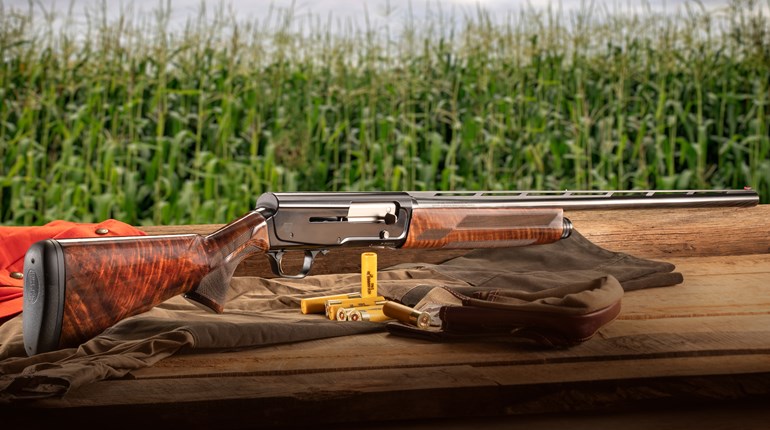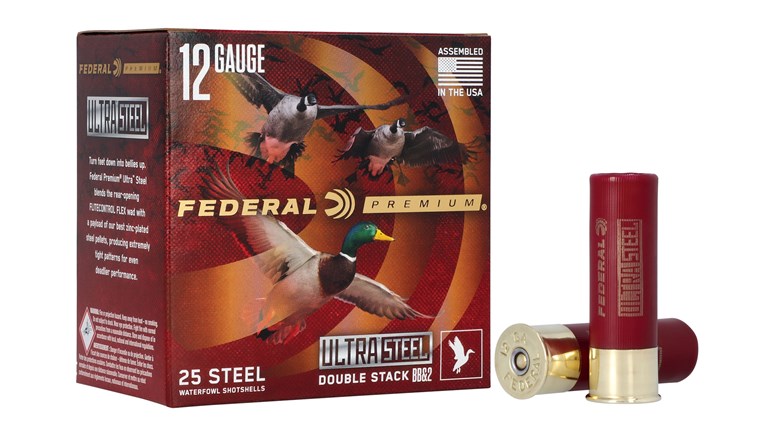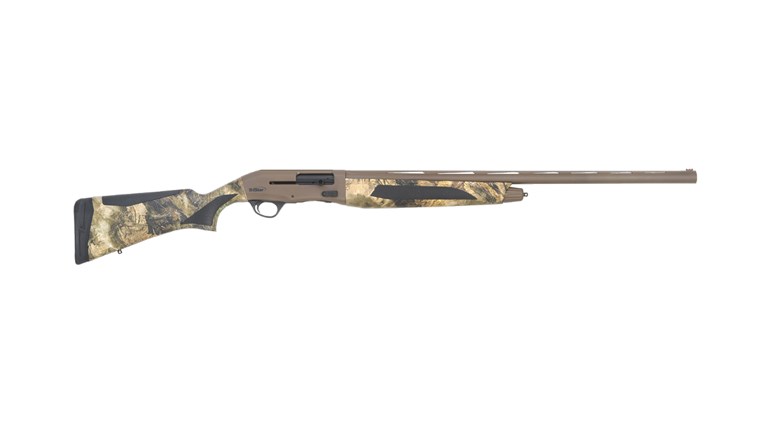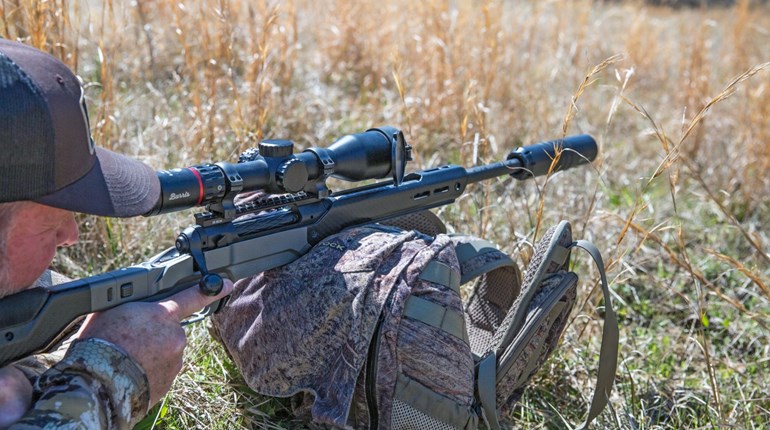
The Duck Stamp Modernization Act (H.R. 2872) has passed the U.S. House of Representatives on September 20. The bill provides U.S. waterfowlers with the flexibility of possessing a physical federal duck stamp or an electronic stamp on their smart phones while hunting ducks and geese.
Passed by a voice vote, which further reinforces its overwhelming bipartisan support.
“The Duck Stamp Modernization Act brings America’s celebrated duck stamp program into the 21st century, ensuring its continued legacy as one of the world’s most effective and efficient wetland conservation tools while also creating a seamless process for duck hunters,” said John Devney, chief policy officer for Delta Waterfowl.
Under current federal law, duck stamps purchased online are valid for a period of 45 days, after which time duck and goose hunters must possess the physical duck stamp received in the mail. The legislation allows those who purchase their stamp online to simply display it on a smart phone for the entirety of the waterfowl season. Notably, hunters will still be able to purchase the physical stamp from the U.S. Postal Service and other traditional duck stamp vendors.
In July, the House bill’s Senate-companion legislation (S. 788) also passed unanimously. Delta Waterfowl has strongly advocated for both Congressional chambers to send the Duck Stamp Modernization Act to President Biden for his signature.
“This legislation will continue to have the support of The Duck Hunters Organization until it’s signed into law,” Devney said. “We applaud the bicameral and bipartisan effort to offer waterfowlers a new, convenient option to prove their annual Duck Stamp purchases.”
Since 1934, sales of federal duck stamps have raised more than $1.2 billion while conserving more than six million acres of wetland habitat for birds and other wildlife within the National Wildlife Refuge System. The efficient program invests an estimated 98-cents per dollar directly into conservation. Purchase of the $25 duck stamp, which today generates more than $37.5 million annually, is required for U.S. waterfowl hunters aged 16 and older.












